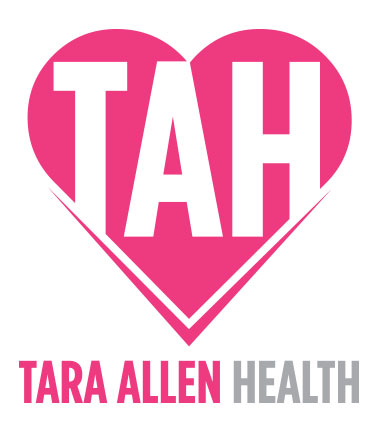A metabolic booster no one talks about (and it's free!)
Ever feel like you’re doing everything right, dialing in your nutrition, training hard, getting sleep, but your fat loss still feels slow?
There’s a key player in your metabolism that almost everyone overlooks. It’s free, available to you all day long, and critical for fat oxidation, recovery, and energy production.
Your breathing.
Specifically, your CO₂ tolerance.
I know. Not as sexy as fat-burning supplements that are (*gestures broadly*) or a fancy biohack. But stick with me.
In nursing school, we were taught that a normal breathing rate was 12 to 20 breaths per minute. Meanwhile, someone with optimized respiration and ventilation typically breathes slower than 12 breaths per minute. In the hospital setting -- once we moved to computer charting -- we couldn’t even enter a respiratory rate of 8 or 10 without it being flagged as an emergency requiring follow-up. Think about that. A respiratory rate that would be considered normal or even optimal for an athlete or a person trained in proper breathing is considered a medical crisis. The system itself was built around dysregulated breathing.
So if you’ve been unknowingly breathing like a stressed-out squirrel your whole life, welcome to the club.
But this can mess with fat loss efforts.
When you breathe too fast and too shallow, your body gets rid of too much CO₂ too quickly. That may sound like a good thing, but here’s what happens:
Oxygen can’t fully release into your muscles and cells, a phenomenon known as the Bohr Effect
Your mitochondria, the engines of fat burning, struggle to produce energy efficiently
Fat oxidation slows down because your body starts relying more on sugar for fuel
Your nervous system stays in fight-or-flight mode, which can mess with metabolism and stress hormones like cortisol
Now, let’s see where you’re at. Before we fix it, let’s measure it.
Here’s a simple test:
Sit down and relax for a few minutes. Breathe normally.
Inhale through your nose, filling your lungs, then start a stopwatch as you start to exhale slowly through your nose until your lungs feel empty.
Stop the stopwatch when you run out of air, yawn or have a strong urge to inhale.
Stop the timer. Your score in seconds is your CO₂ tolerance.
What your number means:
80+ seconds = Elite level. You’re basically a monk. Oxygen efficiency and fat burning are on point.
60-80 seconds = Advanced level
40-60 seconds = Intermediate level
20-40 seconds = Not bad, but there’s room for improvement.
Under 20 seconds = Likely very high anxiety and stress sensitivity. Your metabolism might be getting shortchanged. Oxygen delivery and fat oxidation are likely impaired. Time to train your breath.
When your CO₂ tolerance is low, your cells don’t receive oxygen efficiently, meaning your mitochondria can’t produce ATP, the body’s energy currency, as effectively. This forces your body to rely on quick-burning fuel sources (hello, sugar cravings!) instead of efficiently burning fat for energy.
Optimizing your breath = increasing mitochondrial efficiency = better fat metabolism.
The Fix? CO2 training. A few simple ways to start:
Breathe through your nose (especially during exercise and sleep)
Slow your exhales (make them longer than your inhales)
Try breath-holds (after an exhale, pinch your nose and hold for as long as comfortable, then recover with controlled nasal breaths)
Mouth tape at night (yes, really. We can be nighttime weirdos together.)
The goal isn’t to breathe more, it’s to breathe better.
This is free, simple, and massively underappreciated.
And before you ask, no, I’m not saying breathwork will replace strength training and protein. But if you’re stacking all the right habits and still not seeing progress? Your breathing could be a missing link.
Try it, test it, tweak it, and let me know what happens.
Hit reply and let me know, do you already do any breathwork?
XO,
Tara
P.S. Ready to take your metabolism to the next level?
🚀 Jumpstart – My self-paced mini metabolism-boosting course. Instant access, zero fluff, just results. Only $37.
📅 TRANSFORM: Body + Mind – My signature 28-day deep dive into metabolism, energy, and body composition. The next round kicks off in May—join the waitlist now for early access + a discount.
🔬 1:1 Coaching – The most customized approach. We dig into your lab work, workouts, nutrition, and lifestyle, so every strategy fits you perfectly.
Which one fits your goals (and budget) best?
